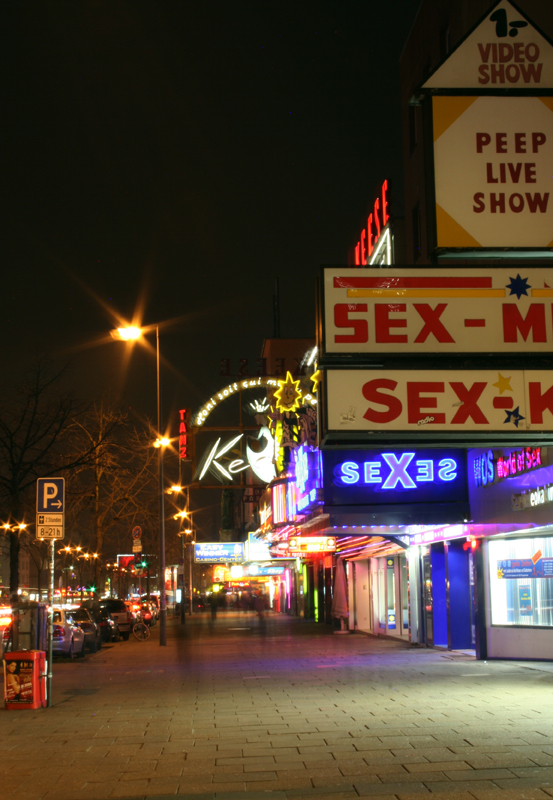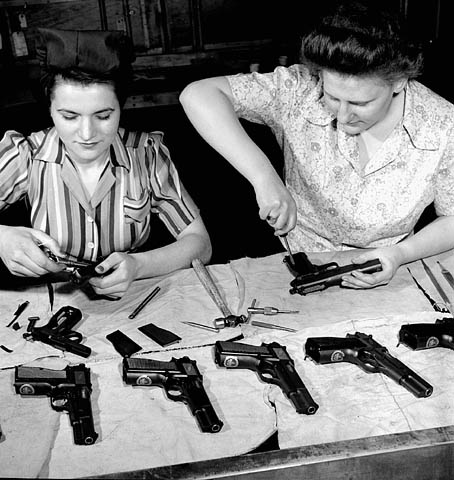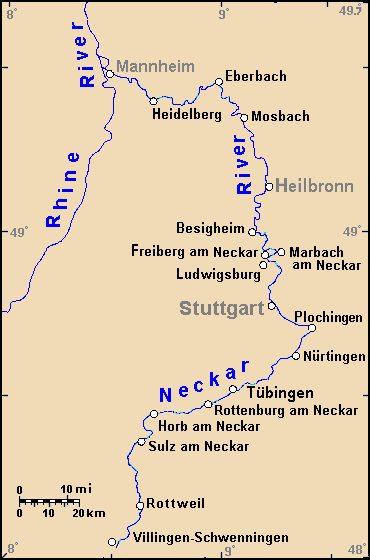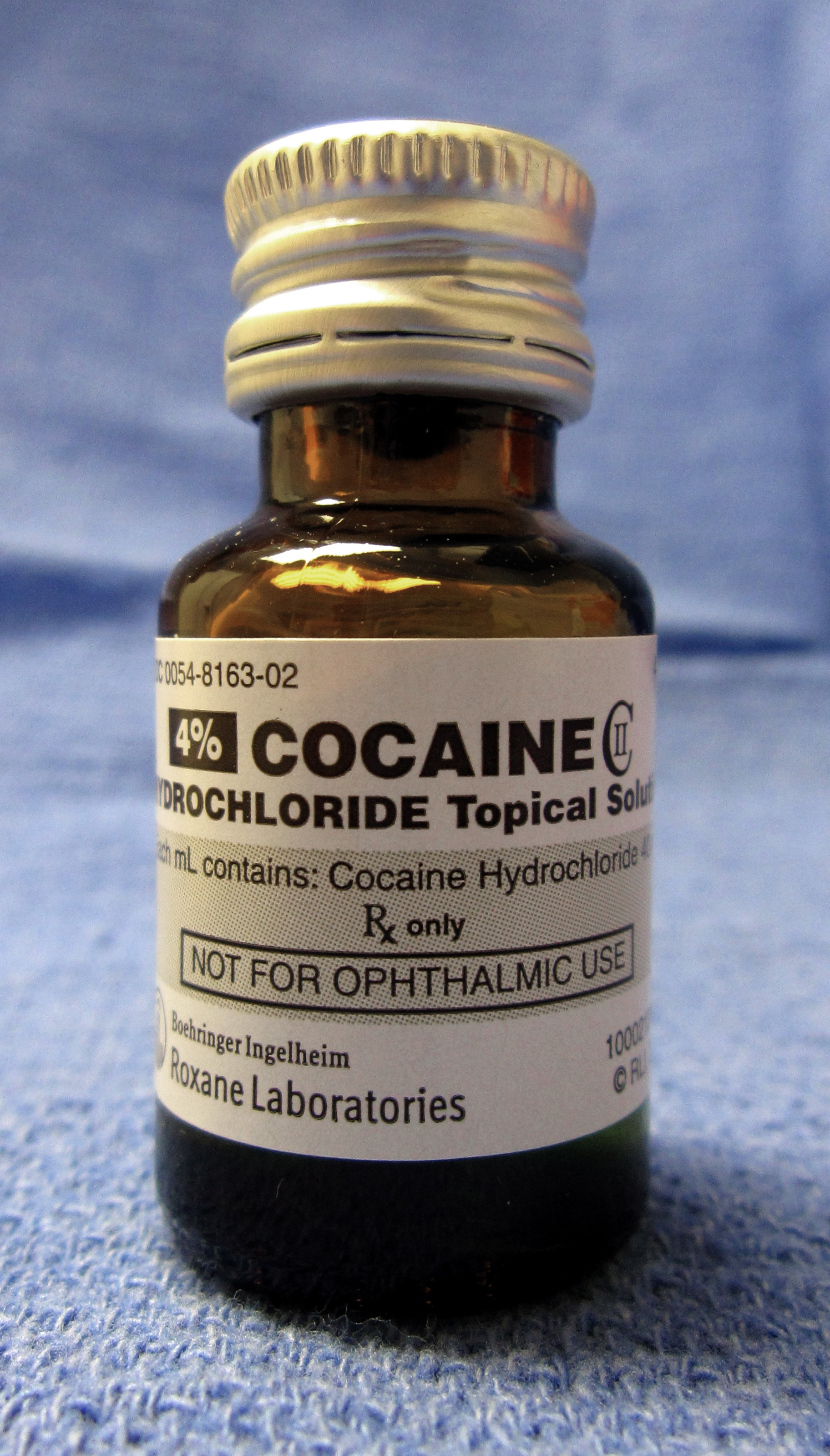|
Werner Pinzner
Werner Pinzner (27 April 1947, Bramfeld – 29 July 1986, Hamburg), also called "Mucki", was a German contract killer who became known as the "St. Pauli Killer". He was responsible for a series of contract killings and gained nationwide attention in 1986 when he fatally shot the investigating public prosecutor during interrogation and then killed his own wife before taking his own life at the Hamburg police headquarters. The case had political consequences in the city of Hamburg and is considered one of the most "spectacular" cases in the criminal history of the Federal Republic of Germany. Pinzner is also believed to have killed between seven and ten people before the Hamburg police headquarters incident. Early life Werner Pinzner was born on 27 April 1947 in Bramfeld, the son of a radio mechanic and a grocery chain store manager. After dropping out of school without a degree, he went to sea with the International Christian Maritime Association for two years in 1964. In 1966 ... [...More Info...] [...Related Items...] OR: [Wikipedia] [Google] [Baidu] |
Bramfeld
Bramfeld () is a quarter of Hamburg, Germany, in the borough of Wandsbek. It is located on the southeastern border of the borough, which lies in the northeastern part of the city. Bramfeld includes the former village of Hellbrook, but consists today out of residential as well as of commercial areas. Around 52,700 inhabitants live in the quarter. Geography Bramfeld borders the quarters of Sasel, Farmsen-Berne, Wandsbek, Barmbek-Nord, Steilshoop, Ohlsdorf and Wellingsbüttel. The lake of Bramfelder See is located at Bramfeld boundaries on Steilshoop territory. The streams of Seebek (former ''Grenzbach'', lit. ''border stream'') and Osterbek flow also at the boundaries of Bramfeld. The Seebek forms the border to Barmbek-Nord and Steilshoop, while the Osterbek marks the border to Wandsbek and Farmsen-Berne. History In 1271 Bramfeld was first recorded as a village. The name refers to genista, ''Ginster'' and also ''Brambusch'' in German, which characterized the landscape at that ti ... [...More Info...] [...Related Items...] OR: [Wikipedia] [Google] [Baidu] |
Arms Industry
The arms industry, also known as the arms trade, is a global industry which manufactures and sells weapons and military technology. It consists of a commercial industry involved in the research and development, engineering, production, and servicing of military material, equipment, and facilities. Arms-producing companies, also referred to as arms dealers, or as the military industry, produce arms for the armed forces of states and for civilians. Departments of government also operate in the arms industry, buying and selling weapons, munitions and other military items. An arsenal is a place where arms and ammunition - whether privately or publicly owned - are made, maintained and repaired, stored, or issued, in any combination. Products of the arms industry include guns, artillery, ammunition, missiles, military aircraft, military vehicles, ships, electronic systems, military communications, night-vision devices, holographic weapon sights, laser rangefinders, laser sights, ... [...More Info...] [...Related Items...] OR: [Wikipedia] [Google] [Baidu] |
Hohenbrunn
Hohenbrunn is a municipality in the district of Munich in Bavaria, Germany. It is located in the southeast of Munich, occupying an area of 16.82 km². It connects to the Bundesautobahn 99 with its own exit, BAS Hohenbrunn. As of 30 June 2014, the population was 8,726. History Early settlements existed around springs from 500 to 800 AD. The first written remark about Hohenbrunn is dated to the year 780 AD by Tassilo III of Bavaria Tassilo III ( 741 – c. 796) was the duke of Bavaria from 748 to 788, the last of the house of the Agilolfings. The Son of Duke Odilo of Bavaria and Hitrud, the Daughter of Charles Martell. Tassilo, then still a child, began his rule as a Frankis .... References External links http://www.hohenbrunn.deHohenbrunn Website Munich (district) {{Munichdistrict-geo-stub ... [...More Info...] [...Related Items...] OR: [Wikipedia] [Google] [Baidu] |
Heilbronn
Heilbronn () is a List of cities and towns in Germany, city in northern Baden-Württemberg, Germany, surrounded by Heilbronn (district), Heilbronn District. With over 126,000 residents, it is the sixth-largest city in the state. From the late Middle Ages, it developed into an important trading centre. At the beginning of the 19th century, Heilbronn became one of the centres of early industrialisation in Württemberg. Heilbronn's old town was completely destroyed during the air raid of 4 December 1944 and rebuilt in the 1950s. Today Heilbronn is the economic centre of the Heilbronn-Franconia, Heilbronn-Franken region. Heilbronn is known for its wine industry and is nicknamed ''Käthchenstadt'', after Heinrich von Kleist's ''Das Käthchen von Heilbronn''. Geography Heilbronn is located in the northern corner of the Neckar Sedimentary basin, basin at the bottom of the Wartberg (Heilbronn), Wartberg (308 m). It occupies both banks of the Neckar, and the highest spot inside city limit ... [...More Info...] [...Related Items...] OR: [Wikipedia] [Google] [Baidu] |
Munich
Munich ( ; german: München ; bar, Minga ) is the capital and most populous city of the States of Germany, German state of Bavaria. With a population of 1,558,395 inhabitants as of 31 July 2020, it is the List of cities in Germany by population, third-largest city in Germany, after Berlin and Hamburg, and thus the largest which does not constitute its own state, as well as the List of cities in the European Union by population within city limits, 11th-largest city in the European Union. The Munich Metropolitan Region, city's metropolitan region is home to 6 million people. Straddling the banks of the River Isar (a tributary of the Danube) north of the Northern Limestone Alps, Bavarian Alps, Munich is the seat of the Bavarian Regierungsbezirk, administrative region of Upper Bavaria, while being the population density, most densely populated municipality in Germany (4,500 people per km2). Munich is the second-largest city in the Bavarian dialects, Bavarian dialect area, ... [...More Info...] [...Related Items...] OR: [Wikipedia] [Google] [Baidu] |
Der Spiegel
''Der Spiegel'' (, lit. ''"The Mirror"'') is a German weekly news magazine published in Hamburg. With a weekly circulation of 695,100 copies, it was the largest such publication in Europe in 2011. It was founded in 1947 by John Seymour Chaloner, a British army officer, and Rudolf Augstein, a former Wehrmacht radio operator who was recognized in 2000 by the International Press Institute as one of the fifty World Press Freedom Heroes. Typically, the magazine has a content to advertising ratio of 2:1. ''Der Spiegel'' is known in German-speaking countries mostly for its investigative journalism. It has played a key role in uncovering many political scandals such as the ''Spiegel'' affair in 1962 and the Flick affair in the 1980s. According to ''The Economist'', ''Der Spiegel'' is one of continental Europe's most influential magazines. The news website by the same name was launched in 1994 under the name ''Spiegel Online'' with an independent editorial staff. Today, the content is ... [...More Info...] [...Related Items...] OR: [Wikipedia] [Google] [Baidu] |
Illegal Gambling
Gaming law is the set of rules and regulations that apply to the gaming or gambling industry. Gaming law is not a branch of law in the traditional sense but rather is a collection of several areas of law that include criminal law, regulatory law, constitutional law, administrative law, company law, contract law, and in some jurisdictions, competition law. At common law, gambling requires consideration, chance and prize, legal terms that must be analyzed by gaming lawyers within the context of any gaming operation. Gaming law is enormously complex. In the United States, it involves federal and state law considerations.For federal law, see, e.g., In Canada, it involves federal and provincial law considerations, in a variety of legal disciplines. United States In the United States, illegal gambling is a federal crime if it is done as a business. However, each of its states has its own laws regarding the regulation or prohibition of gambling. States that permit such gaming usually ... [...More Info...] [...Related Items...] OR: [Wikipedia] [Google] [Baidu] |
Deutsche Mark
The Deutsche Mark (; English: ''German mark''), abbreviated "DM" or "D-Mark" (), was the official currency of West Germany from 1948 until 1990 and later the unified Germany from 1990 until the adoption of the euro in 2002. In English, it was typically called the "Deutschmark" (). One Deutsche Mark was divided into 100 pfennigs. It was first issued under Allied occupation in 1948 to replace the Reichsmark and served as the Federal Republic of Germany's official currency from its founding the following year. On 31 December 1998, the Council of the European Union fixed the irrevocable exchange rate, effective 1 January 1999, for German mark to euros as DM 1.95583 = €1. In 1999, the Deutsche Mark was replaced by the euro; its coins and banknotes remained in circulation, defined in terms of euros, until the introduction of euro notes and coins on 1 January 2002. The Deutsche Mark ceased to be legal tender immediately upon the introduction of the euro—in contrast to the o ... [...More Info...] [...Related Items...] OR: [Wikipedia] [Google] [Baidu] |
Kiel
Kiel () is the capital and most populous city in the northern Germany, German state of Schleswig-Holstein, with a population of 246,243 (2021). Kiel lies approximately north of Hamburg. Due to its geographic location in the southeast of the Jutland peninsula on the southwestern shore of the Baltic Sea, Kiel has become one of Germany's major maritime centres, known for a variety of international sailing events, including the annual Kiel Week, which is the biggest sailing event in the world. Kiel is also known for the Kiel mutiny, Kiel Mutiny, when sailors refused to board their vessels in protest against Germany's further participation in World War I, resulting in the abdication of the Wilhelm II, German Emperor, Kaiser and the formation of the Weimar Republic. The Olympic sailing competitions of the 1936 Summer Olympics, 1936 and the 1972 Summer Olympics#Venues, 1972 Summer Olympics were held in the Bay of Kiel. Kiel has also been one of the traditional homes of the German Nav ... [...More Info...] [...Related Items...] OR: [Wikipedia] [Google] [Baidu] |
Cocaine
Cocaine (from , from , ultimately from Quechuan languages, Quechua: ''kúka'') is a central nervous system (CNS) stimulant mainly recreational drug use, used recreationally for its euphoria, euphoric effects. It is primarily obtained from the leaves of two Coca species native to South America, ''Erythroxylum coca'' and ''Erythroxylum novogranatense''. After extraction from coca leaves and further processing into cocaine hydrochloride (powdered cocaine), the drug is often Insufflation (medicine), snorted, applied topical administration, topically to the mouth, or dissolved and injection (medicine), injected into a vein. It can also then be turned into free base form (crack cocaine), in which it can be heated until sublimated and then the vapours can be smoking, inhaled. Cocaine stimulates the mesolimbic pathway, reward pathway in the brain. Mental effects may include an euphoria, intense feeling of happiness, sexual arousal, psychosis, loss of contact with reality, or psychomo ... [...More Info...] [...Related Items...] OR: [Wikipedia] [Google] [Baidu] |
Henchman
A henchman (''vernacular:'' "hencher"), is a loyal employee, supporter, or aide to some powerful figure engaged in nefarious or criminal enterprises. Henchmen are typically relatively unimportant in the organization: minions whose value lies primarily in their unquestioning loyalty to their leader. The term ''henchman'' is often used derisively, or even comically, to refer to individuals of low status who lack any moral compass of their own. The term ''henchman'' originally referred to one who attended a horse for his employer, that is, a horse groom. Hence, like ''constable'' and ''marshal'', also originally stable staff, ''henchman'' became the title of a subordinate official in a royal court or noble household. Etymology The first part of the word, which has been in usage since at least the Middle Ages, comes from the Old English ''hengest'', meaning "horse", notably stallion, cognates of which also occur in many Germanic languages, such as Old Frisian, Danish ''hingst'', Ger ... [...More Info...] [...Related Items...] OR: [Wikipedia] [Google] [Baidu] |






